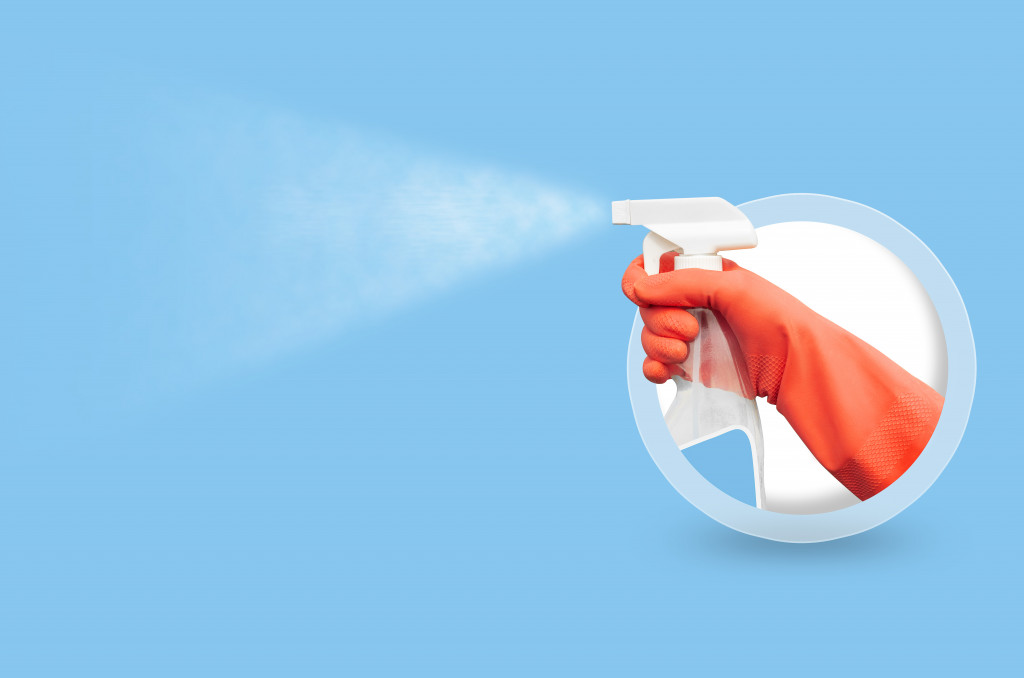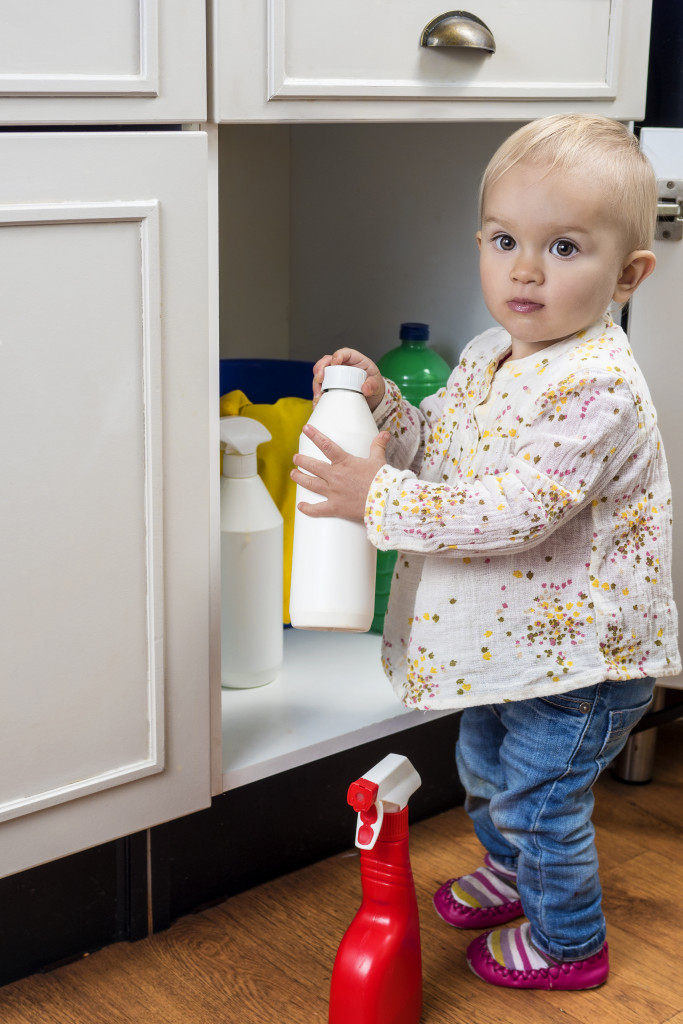When you think of home improvement or maintenance, the first thing that comes to mind is probably something like a new kitchen countertop or bathroom sink. But it’s important not to forget about the safety precautions around your house—and muriatic acid is one of those things.
What exactly is this chemical? Why should you be careful in handling it or avoid using it?
What Is Muriatic Acid?
Muriatic acid is a strong, highly dangerous, and corrosive hydrochloric acid. It’s produced when carbon dioxide is passed through pool water containing sodium hypochlorite or sulfuric acid. The gas dissolves in the solution to form muriatic acid.
It is also colorless and has the same consistency as water. It comes in other names such as hydrochloric acid, muriatic, and muriatic acid solution.
This industrial chemical should not be confused with hydrochloric (muriatic) acid, which has many important uses such as an electrolyte in lead-acid batteries, a laboratory ingredient, and a solution used for cleaning purposes. Both, though, can share the same risk exposure.
How It Reacts with Other Substances
Muriatic acid reacts with many substances. Often, when mixed, an exothermic reaction takes place, which generates heat. The reactions vary in strength and speed depending on several factors such as the substance being used, concentration levels, etc.
The following are some of the things that can react to muriatic acid:
- Acetone—this is known for its solvating properties. It will extract various impurities from the pool water, therefore eliminating them.
- Acrylic paint—muriatic may slightly alter the surface area of a pool structure and leave behind an undesirable film.
- Animal fat—it will degrade before releasing unpleasant odors into the air.
- Cotton, polyester, or nylon clothing—the acid will eat all types of fabrics
Occupational and Health Risks of Muriatic Acid
According to the United States Department of Labor’s OSHA (Occupational Safety and Health Administration), exposure to muriatic acid can be both natural or accidental, depending on the circumstances surrounding it.
Most exposures occur during manufacturing, where huge quantities of it are used to etch concrete surfaces, so they’re easily penetrated by other substances. The problem is that not all manufacturers follow the protocol set forth by OSHA. Many workers’ lives are put at risk almost every day due to its use.
For example, numerous cases have been reported wherein workers were not provided with safety equipment such as:
- Approved personal protective gear like face masks, gloves, and goggles
- Protective clothing made out of fiberglass or plastic in areas where a leak is highly likely to occur
- A room for laboratory employees researching concentrated muriatic acid
In swimming pools, many homeowners and even cleaners use muriatic acid. The substance is supposed to bring the pH levels and, thus, prevent the buildup of scaling.
However, this chemical will turn the water from a sparkling blue shade to a dull yellow after being added to it. Therefore, you can never be really sure how much of the acid is actually getting into your water.
Fortunately, some alternatives are already available. One can already find a muriatic acid substitute pool solution that may use carbon dioxide to perform the same function. The only difference is that it is more natural and non-toxic.

Health Impacts of Muriatic
Muriatic acid is hazardous, especially if not handled properly. It can damage the skin. Exposure may lead to irritation, burning sensation, or, even worse, necrosis (death of cells) in extreme cases.
It can also affect the respiratory system. This substance can make breathing difficult, which is why it should never be inhaled directly into the lungs. But if it accidentally happens, then one must seek immediate medical attention. Permanent lung damage may occur as well as other life-threatening conditions.
Because muriatic can be toxic, it is unwise to use it if:
- You’re pregnant (consult a doctor first).
- It has been more than 40 days since you’ve become ill and are still feeling weak from the flu.
- Your immune system is not at its prime shape (e.g., recovering from any viral/bacterial infection)
Muriatic acid should also be avoided if you suffer from any of the following conditions:
- Asthma—too much exposure to vapors may trigger an attack.
- Liver problems—this ingredient may affect your health, especially those who have undergone liver transplants in the past because their bodies can’t handle it.
- Breathing difficulties—you should avoid using this acid if you have existing breathing problems because it may cause severe lung irritation when inhaled.
The dangers of muriatic acid are not just skin deep. Muriatic acid is a hazardous chemical that should be handled with care and caution when using in the workplace or at home. Its corrosive properties can damage your eyes, lungs, throat, nose, mouth, and stomach if it’s ingested or inhaled.
If you’re going to use muriatic acid for cleaning around the house or pool, make sure to wear protective gloves as well as goggles. Better yet, use alternatives, which are now available.

